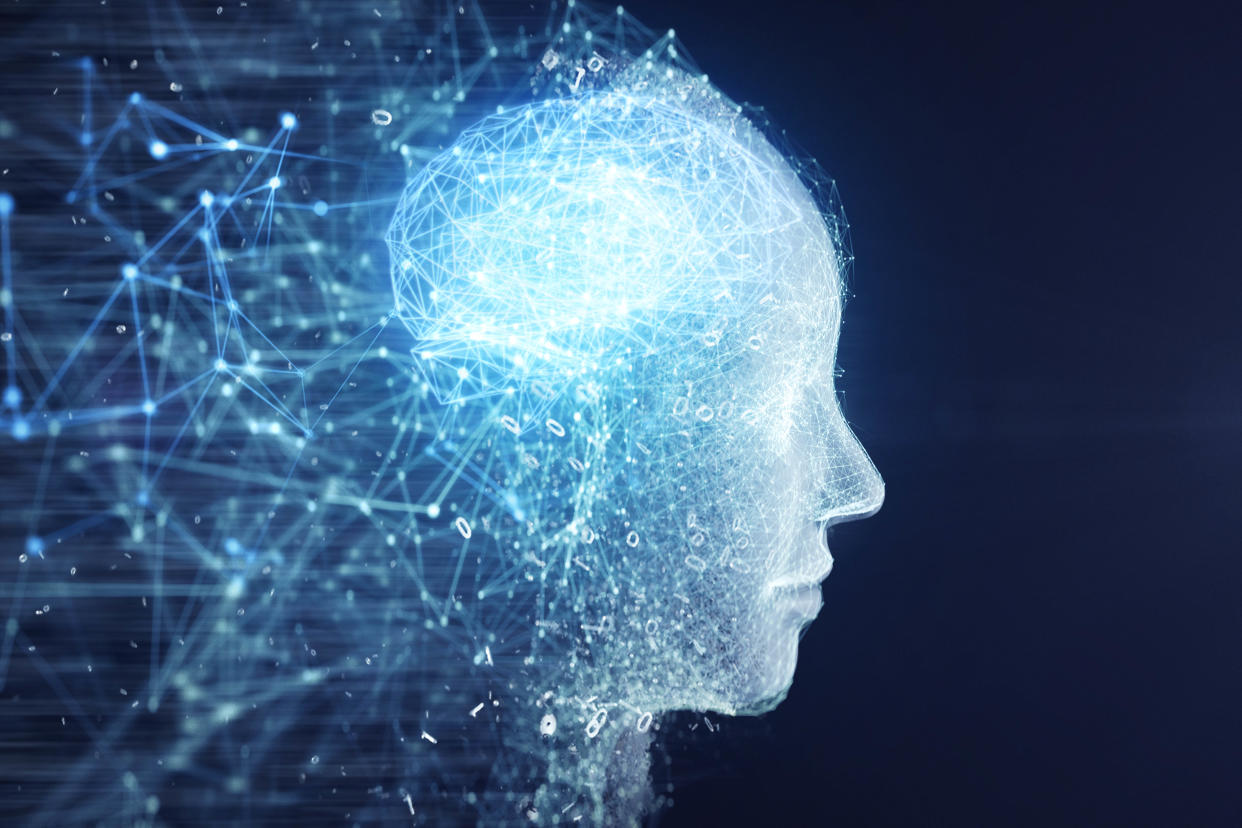ChatGPT is just the beginning - here's how 'AI agents' will take your office job

The frenzy around the launch of ChatGPT last year sparked a wave of research and investment in AI – with one idea having the potential to change the labour market more than any other.
'AI agents' are a new kind of AI system poised to change work forever. They work like a personal assistant – or 'synthetic employee' – and can make their own decisions and use apps unsupervised.
The term was highlighted this week by new British start-up Tomoro, which aims to cut the working week to three days within the next five years.
Founder Ed Broussard describes AI as being "as big a societal shift as the invention of farming".
He said: "Imagine telling a hunter-gatherer that in the future there would be an abundance of food, and it would take no effort to eat. That's what AI will do for productivity in the workplace."
Broussard has bold visions for how AI agents can impact the workplace.
He said: "We're not talking about simple automation or the removal of repetitive tasks. Tomoro will be integrating synthetic employees into businesses alongside real people that have the ability to reason, grow, increase their knowledge, adapt their tone and problem solve."
Recommended reading
AI researcher calls for 'immediate worldwide ban' (Business Insider)
AI researcher says '10-20%' chance AI will take over (Fortune)
AI to reach $1,345bn by 2030 (MarketsandMarkets)
What are AI agents?
When you interact with ChatGPT, for example, you have to enter a prompt and the AI model offers a response.
AI agents are designed to think and act independently, and are not restricted to generating text and images – they can browse the web, use apps and even make payments.
To get them going, you just need to provide them with a task, and they create a task list and work out how to achieve it.
How will you use them?
Bill Gates believes that within five years people will simply tell computers what they want to achieve, and AI agents will do it for them.
Gates said that he has been imagining AI agents for 30 years, having written about them in his 1995 book The Road Ahead, but added that recent advancements in AI have now made them possible.
Writing in his GatesNotes blog, he said: "You won't have to use different apps for different tasks. You'll simply tell your device, in everyday language, what you want to do.
"In the near future, anyone who's online will be able to have a personal assistant powered by artificial intelligence that's far beyond today's technology"
When are AI agents likely to change the world?
Many people predict that the evolution of the market for AI agents will be extremely rapid.
The market is predicted to be $65bn by 2030, growing by 45% every year, according to research by MarketDigits.
What could happen next?
Researchers at Google's artificial intelligence division DeepMind believe that their "generalist agent" Gato AI, which can complete tasks including stacking blocks with a robot arm, could lead to human-level AI.
Research director Nando de Freitas said in an interview last year: "It's all about scale now. It's all about making these models bigger, safer, compute efficient, faster at sampling, smarter memory, more modalities, innovative data, on/offline...
"Solving these challenges is what will deliver Artificial General Intelligence."
Demis Hassabis, the head of DeepMind, believes that human-level AI could arrive within a decade.


